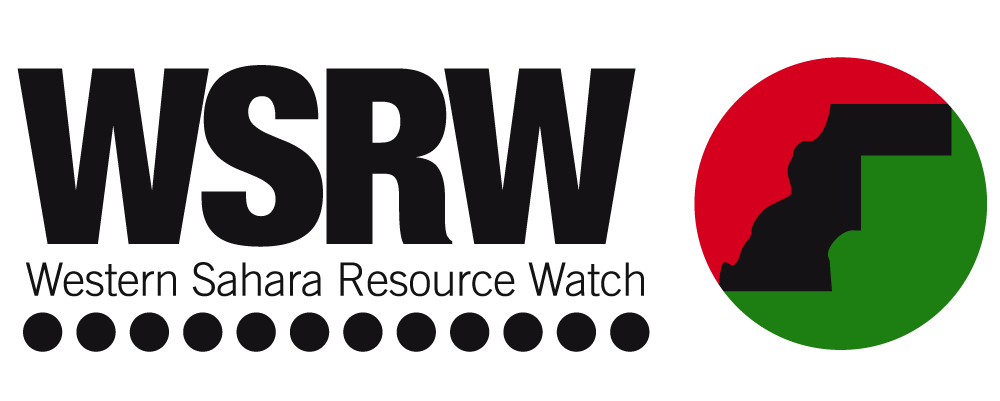Stop illegal EU Fisheries in Western Sahara:
Support the Fish Elsewhere! campaign
The European Commission will soon start negotiating on the continuation of the EU-Moroccan Fisheries Agreement. In practice, the bulk of the fisheries under that agreement take place in Western Saharan waters.
The EU is paying Morocco to fish in occupied Western Sahara. The EU-Moroccan Fisheries Agreement is both politically controversial and in violation of international law. The international Fish Elsewhere! campaign demands the EU to cancel its highly unethical operations, and go fishing somewhere else. No fishing in Western Sahara should take place until the conflict is solved.
Giant Norwegian fish oil purchases from Morocco/Western Sahara stopped
In March, Swedish National Television revealed that fish from the waters of Western Sahara was imported to Norway by GC Rieber Oils, subsequently turned into Omega 3-supplements by Napro Pharma and thereafter secretly sold to consumers in Scandinavia.
The news had a domino-effect. After receiving a letter from WSRW, asking the German firm Cognis that they instruct their Norwegian subsidiary Napro Pharma to halt the unethical purchases, Cognis terminated all fish oil imports from both Western Sahara and Morocco. Shortly after, several players in the Scandinavian health industry decided to drop their order of omega 3-supplements if they could not get guarantees on the products’ origins.
After losing its biggest client, the Norwegian firm Ewos, which is partially owned by the Norwegian government, GC Rieber announced it would stop importing from Western Sahara and Morocco. Yet, the story didn’t end there for the company. Due to tax evasions on the fish oil imports, amounting to nearly 100 million Euros, GC Rieber’s chairman Mr. Paul-Chr. Rieber, had to resign as President of the Confederation of Norwegian Enterprises on 24 April.
UN misses out on opportunity to implement human rights monitoring and to halt plundering
On 30 April 2010, the Security Council decided to extend the presence of the UN mission in Western Sahara with one year, after long discussions as to whether human rights monitoring should be included in its mandate. Such a provision would bring an end to MINURSO’s unique position in being the only UN peace-mission lacking such a mandate.
In his report to the UNSC, UN Secretary General Ban Ki-Moon had noted that both parties to the conflict accuse each other of human rights abuses, and that while Polisario has asked twice for a human rights monitoring tool, Morocco has objected this. Ban Ki-Moon expressed his concern on the human rights situation, but nevertheless did not make any recommendation to address the issue.
In its letters to UN Secretary-General and to all members of the Security Council, Western Sahara Resource Watch had called for a human rights monitoring capacity to be included in the MINURSO mandate, as well as for the establishment of a mechanism to place the proceeds from the exploitation of Western Sahara's natural resources under international administration until the status of the territory has been resolved.
However, the Council unanimously passed resolution S/RES/1920 (2010), prolonging MINURSO’s mandate, without mentioning the term “human rights”, but instead referring only to the “human dimension” of the conflict. Despite strong efforts by several other member stated, France again blocked any reference to human rights monitoring. Uganda’s proposed amendment on the protection of Western Sahara’s resources was equally stifled. France justified its opposition to human rights monitoring by arguing it was important to refrain from any provocation or steps that could harm goodwill in the peace-process.
Western Sahara not part of EFTA-Morocco free trade agreement
The Moroccan-EFTA free trade agreement does not cover Western Sahara, according to Norwegian and Swiss authorities. This illustrates how the European Commission is on collision course with rest of the international community.
Continued overleaf










0 comments:
Post a Comment